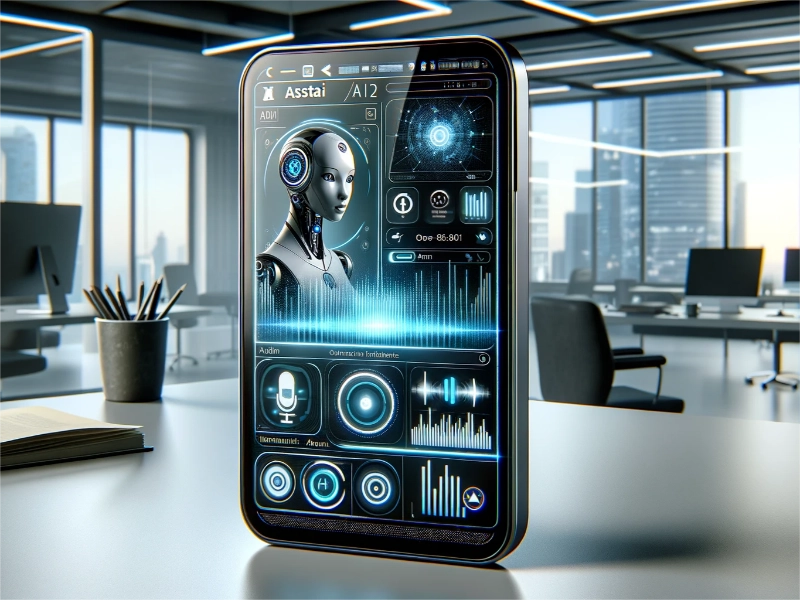- Bill Gates pointed out that AI agents will become the biggest track in the field of AI, triggering a wide discussion.
- Startups face tremendous opportunities on this track, but also technological challenges and market uncertainties.
At the beginning of 2024, Bill Gates made a compelling statement during a public speech about the future development of AI: AI agents will become the largest frontier in the AI field. His remarks sparked widespread discussion. Particularly in the tech and investment communities, it drawing attention and reflection from many venture capital firms.
Gates emphasized in his speech that as AI technology continues to advance, AI agents will not only impact all aspects of personal life but will also fundamentally reshape business operations and market competition. He believes AI Agents will become new intelligent hubs. It has the ability to learn independently, handle complex tasks and personalize services. AI agents may become the next generation of “digital assistants” or even “digital colleagues.” This view not only made the industry’s eyes light up, but also made many startups start to think. Is there an opportunity in this emerging circuit – or has it already been missed?
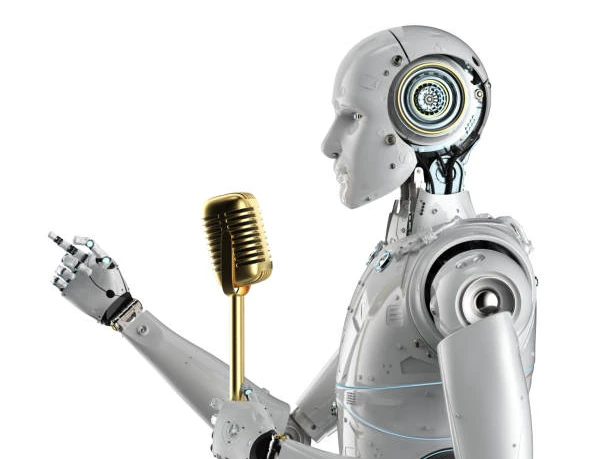
Also read: Bill Gates believes that “Agent” will be the biggest race track for AI.
What is an AI agent?
AI agents are intelligent systems designed to autonomously execute tasks, understand context, and make decisions. Unlike traditional AI, which typically follows predefined instructions, AI agents are capable of adapting to changing environments and learning from interactions. This flexibility allows them to personalize services based on user behavior, preferences, and real-time needs. So as to make them far more powerful and effective in dynamic scenarios.
As Bill gates said that, agents will be able to assist you in all activities if you are willing. Once given permission, agents can track your online interactions and actual location, gaining a deep understanding of the people, places, and activities you are involved in. They will understand your personal and work relationships, interests, preferences, and schedule. You can choose when and where to let them intervene to help you make decisions or complete tasks.
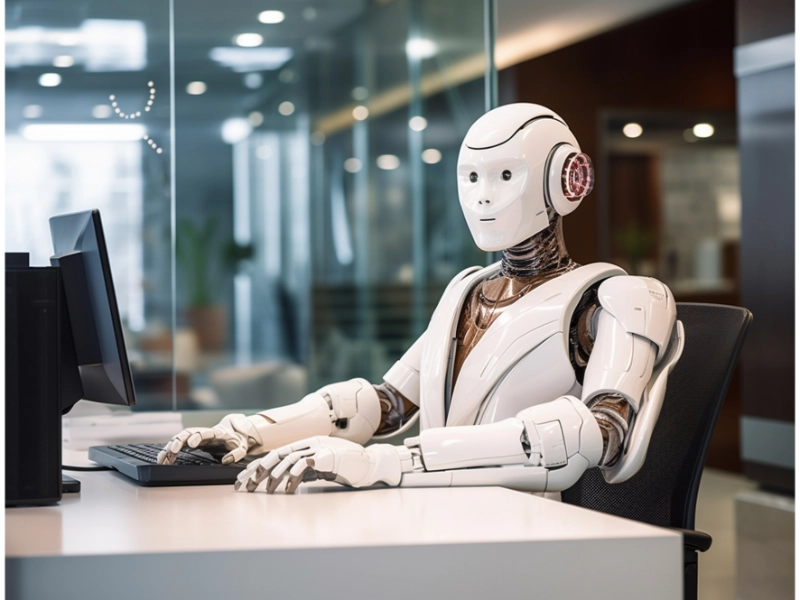
As Andrew Ng, a prominent AI researcher, has noted, “The future of AI is not just about automating tasks, but about creating systems that can understand context and make decisions.” This is precisely where AI agents excel. They don’t merely respond to commands—they analyze patterns, adapt to new situations, and provide more nuanced, intelligent assistance.
For instance, imagine an AI agent managing your calendar. It can not only schedule meetings, but also adjust the time according to your energy level or stress pattern. These are the results of its continuous learning over time. It can prioritize urgent tasks, rearrange appointments if needed, and even suggest breaks or activities to improve productivity. This level of personalization extends beyond basic commands and into the realm of truly intelligent assistance.
Agents will be able to assist you in all activities if you are willing. Once given permission, Agents can track your online interactions and actual location, gaining a deep understanding of the people, places, and activities you are involved in. They will understand your personal and work relationships, interests, preferences, and schedule. You can choose when and where to let them intervene to help you make decisions or complete tasks.
Bill Gates
Bill Gates’ prediction: How will AI Agent change the industry?
The rise of AI agents will reshape how businesses and consumers interact, creating new opportunities and challenges. These intelligent systems can learn, adapt, and manage tasks autonomously. They are evolving beyond traditional automation into sophisticated, context-aware assistants. As Bill Gates has said, AI agents will become central to business-consumer interactions and could revolutionize entire industries. Their potential to personalize user experiences and handle complex, multi-step processes is drawing attention from various fields.
Sundar Pichai, CEO of Google, has emphasized that “AI will have a transformative effect across all industries, from healthcare to transportation, and AI Agents will be at the heart of this transformation.” Pichai’s insight underscores the idea that AI agents will serve as the core enabler of change, driving automation and decision-making across various domains.
The following will introduce AI agents in the fields of healthcare and finance.
AI agents in medical

The healthcare industry is on the cusp of a transformation, with AI Agents positioned to play a pivotal role in improving patient outcomes and enhancing the efficiency of medical systems. Dr. Eric Topol, a renowned cardiologist and expert in AI applications, predicts that AI Agents could significantly improve patient outcomes. “These agents will enable continuous monitoring and real-time decision-making, personalizing care to each patient’s needs,” he says. This capability could not only assist in diagnostics but also manage chronic conditions, providing individualized care that adapts to the patient’s evolving health status. As such, AI Agents are positioned to become indispensable in healthcare, improving both efficiency and the quality of care.
At the same time, Vivian Lee, a physician, health systems expert, and former CEO of University of Utah Health, also underscores the importance of AI in transforming healthcare delivery. She explained that “AI will not only change the way we diagnose and treat disease but also empower patients to become active participants in their own healthcare” . Dr. Lee’s perspective highlights how AI Agents can enhance patient engagement, providing individuals with personalized health insights and actionable recommendations in real time. This level of empowerment is key to improving patient adherence to treatments and fostering better long-term health outcomes.
As AI technology continues to evolve, AI agents could become indispensable tools in delivering higher-quality, more efficient, and more individualized care, helping to address some of the most pressing challenges facing the healthcare industry today.
These agents will enable continuous monitoring and real-time decision-making, personalizing care to each patient’s needs
Dr. Eric Topol, a renowned cardiologist and expert in AI applications
Also read: AI’s medical revolution: Making doctors quicker and better
AI agents in finance

The finance industry stands to be significantly transformed by AI Agents, which can deliver real-time, data-driven insights and offer highly personalized financial advice. Blythe Masters, former executive at JPMorgan, has emphasized the shift toward AI-driven financial services, stating that AI Agents will enable “real-time analysis and personalized financial advice that caters to an individual’s specific needs and risk profile.” By utilizing vast amounts of data—from market trends to personal spending habits—AI Agents can create tailored financial strategies that are uniquely suited to each individual or organization.
Chris Skinner, a world-renowned fintech expert, further emphasized this point. He said:”AI is fundamentally reshaping the relationship between customers and financial institutions. It’s not about having more products. It’s about having the right product at the right time.” AI Agents allow financial services to transcend product-centric selling and move toward truly customer-centric solutions, where the focus shifts to what is best for the individual or business based on their financial behavior and preferences.
The ability to deliver hyper-personalized financial advice combined with AI’s capability to process vast amounts of data means that financial institutions can not only improve customer satisfaction but also gain deeper insights into consumer behavior. These insights can be used to build better financial products, create more targeted marketing strategies, and ultimately foster stronger, long-term relationships with clients.
AI is fundamentally reshaping the relationship between customers and financial institutions. It’s not about having more products. It’s about having the right product at the right time.
Chris Skinner, a world-renowned fintech expert
Also read: 5 ways AI is transforming banking
Pop quiz
What is one of the key abilities of AI agents that sets them apart from traditional automation?
A. They only perform pre-programmed tasks
B. They can learn, adapt, and autonomously manage tasks
C. They require human supervision for all tasks
D. They are limited to text-based interactions
(The correct answer is at the bottom of the article)
The challenge of AI agent: Technology maturity
While Bill Gates is confident about the future of AI Agent, he believes it will become the biggest track in the field of AI. But the current technology is still in its early stages and faces many bottlenecks. To understand this challenge, we need to delve into the technical limitations of AI agents.
AI agents, especially those systems that are capable of self-learning and making decisions in complex environments, still face several major technical challenges
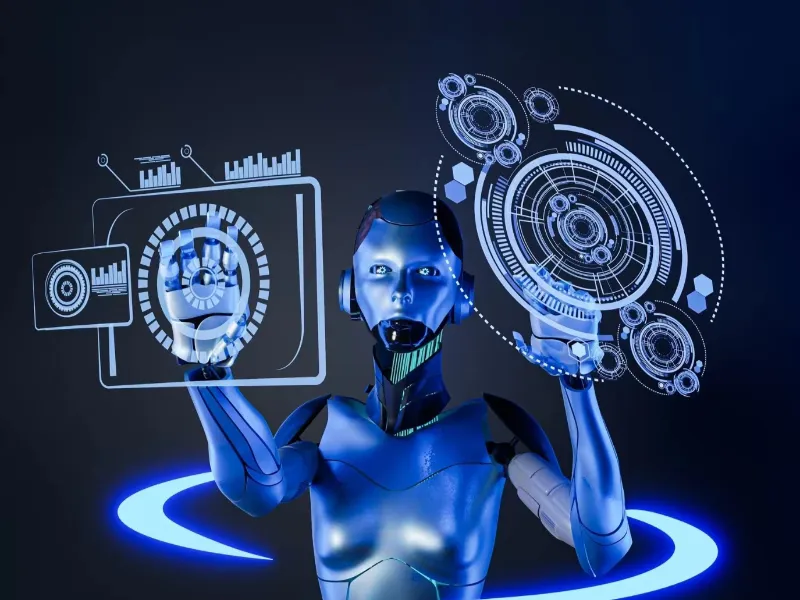
Also read: AI might not replace virtual assistants
Adaptive learning and reasoning ability
One of the core features of AI agents is their ability to continuously optimize and adjust decisions in changing environments. However, despite advancements in technologies like deep learning that have pushed the development of intelligent systems to some extent, current AI agents still face significant limitations in autonomous learning and complex reasoning.
Demis Hassabis, the Chief Scientist at Google DeepMind, has publicly stated: “Although we have made breakthroughs in solving complex problems, existing AI systems are still unable to handle long-term coherent tasks like humans. They lack the necessary flexibility and adaptability when dealing with dynamic environments.” This issue is particularly evident in multi-tasking and cross-domain applications. At present, most AI agents still rely on large amounts of labeled data and predefined rules to operate.
Context understanding and situational awareness
Another technical bottleneck is the AI agent’s understanding of context. While today’s virtual assistants (e.g. Siri, Google Assistant) can perform many commands, their actions are often limited to preset functions and often lack a deep understanding of complex situations. As an example, let’s say a user in the middle of a very busy workday tells an AI assistant, “Help me arrange everything.” Without clear context awareness and situational judgment, the AI is likely to misinterpret the request and make inappropriate recommendations.
Data privacy and transparency
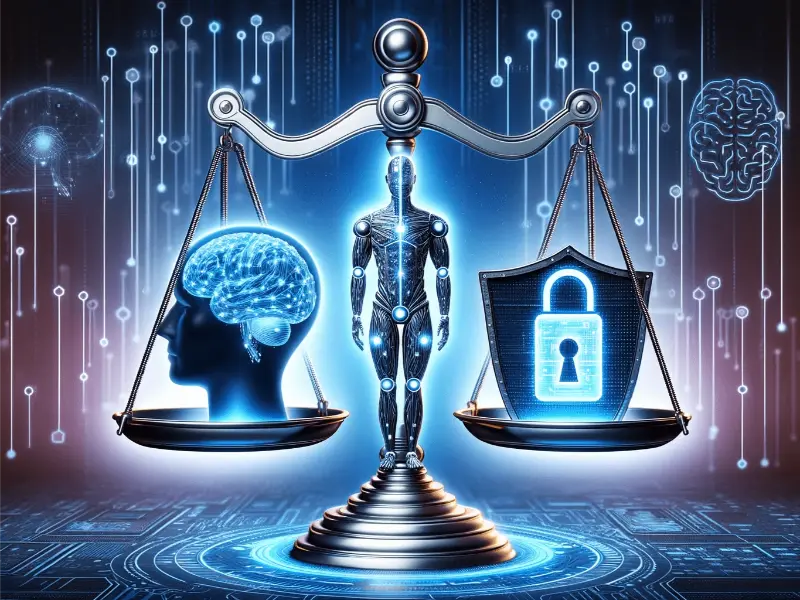
As AI agents become more deeply integrated into users’ lives, issues of data privacy and transparency are gradually coming to the forefront. Many AI agents collect vast amounts of user data to optimize their services. However, ensuring the security and privacy of this data, as well as guaranteeing that the decision-making process of AI is transparent to users, remains a technical challenge that needs to be addressed.
In this regard, Sherry Turkle, a professor of sociology and psychology at MIT, has stated: “The widespread adoption of AI agents must be matched by public trust in privacy and data security. Today, the black-box nature of AI makes many users feel uneasy.” This means that when developing AI agents, startups must take into account ethical considerations and privacy protection. Only then can they ensure users’ trust in AI agents.
Also read: What is data privacy and why is it important?
Future outlook: Can AI agents be at the heart of the intelligence revolution?
Although the technological maturity of AI agents has not yet reached the ideal state, the existing challenges and bottlenecks are not insurmountable. As Geoffrey Hinton, one of the pioneers of deep learning, has stated: “The breakthroughs in AI are not out of reach. True breakthroughs often come from creatively combining existing technologies.” For startups, these technological challenges present significant opportunities. If they can achieve innovative breakthroughs based on current technologies, AI agents are likely to become the driving force of the AI revolution in the future.
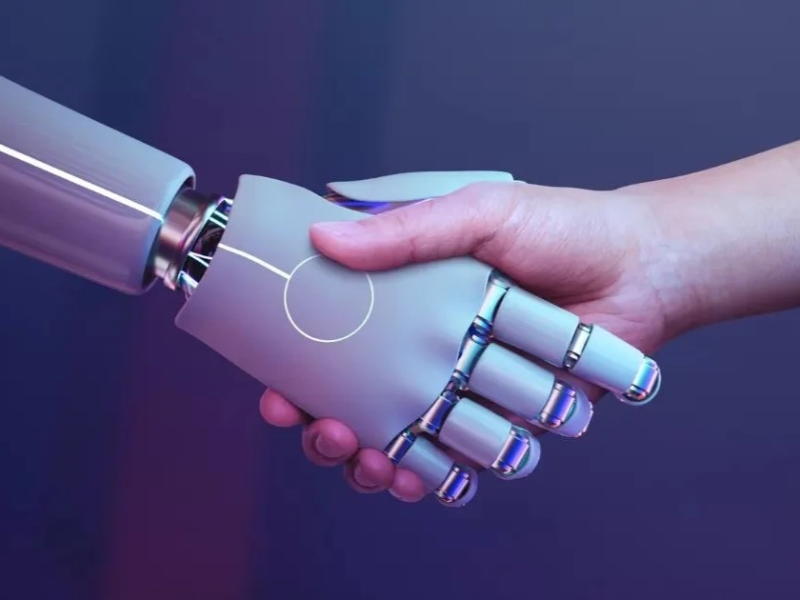
Moreover, it is important to note that although AI agents have enormous market potential, startups still face many challenges in achieving commercialization. The first challenge is market education. While AI technology has gradually become more widespread, many users’ understanding of AI agents remains at a basic level. Startups need to continuously educate and promote the concept to help the market embrace this emerging technology.
Secondly, startups must contend with competition from large corporations and established tech companies. While startups have the advantage of flexibility and innovation, the financial and resource advantages of large enterprises remain a significant challenge. Therefore, how to maintain competitiveness through innovative business models and vertical market positioning will be key to a startup’s success.
The breakthroughs in AI are not out of reach. True breakthroughs often come from creatively combining existing technologies
Geoffrey Hinton, one of the pioneers of deep learning
Bill Gates’ prediction is no longer a distant future but an imminent reality. By continually striving for technological breakthroughs, startups can gain a competitive edge in this opportunity-rich field and embrace the full arrival of the AI era.
Quiz answer
B. They can learn, adapt, and autonomously manage tasks

